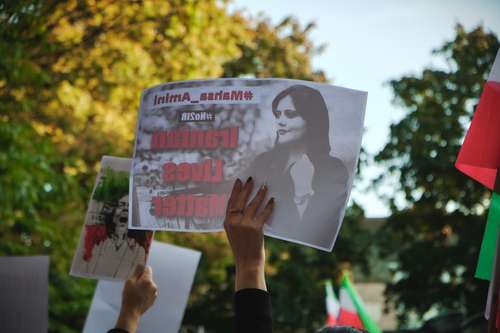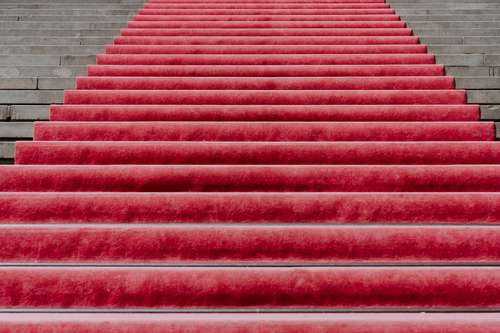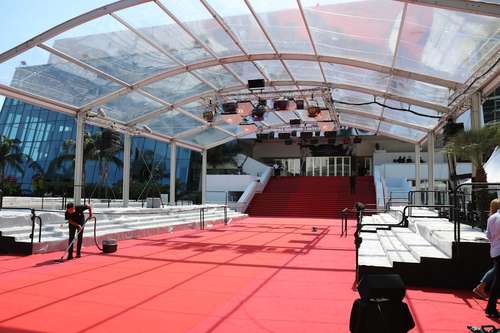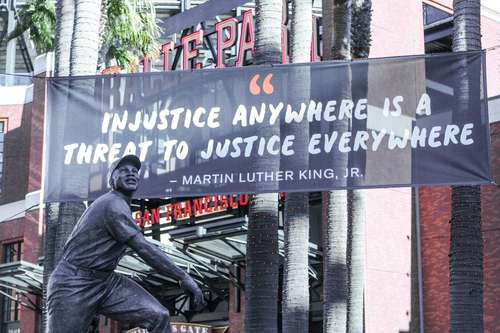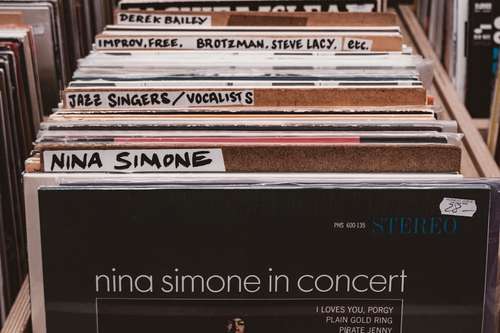The entertainment world is buzzing with news that over 2,000 Hollywood stars, including some of the most recognized actors and filmmakers, have pledged to boycott Israeli film companies. The boycott is a direct response to the humanitarian crisis in Gaza, with the group known as Filmmakers for Palestine spearheading the initiative. This action is not only a statement of political stance, but also an emblem of solidarity with Palestinian rights. With emotions running high, many within the Hollywood community are reexamining the tangled web of film industry relations and geopolitics.
The movement has stirred passion and controversy alike. It calls into question the traditional norms of celebrity activism and the role the entertainment industry plays in global political debates. For many, this boycott is reminiscent of the 1980s campaign against apartheid South Africa—provoking questions about the ethical responsibilities of artists and producers in the face of oppression. Is the film industry simply a backdrop for business, or can it also be a platform for social change?
Rising Tensions in the Entertainment Industry
In recent weeks, sparks have flown as Hollywood insiders voice their opinions over the boycott. A mix of fervor and measured debate now colors discussions among celebrities and film executives alike.
The decision to halt collaborations with Israeli film companies has left many wondering about the long-term effects on both sides. Some argue that this boycott is simply a political gesture, while others believe it could reshape the global film industry. In many ways, it pushes us to ask whether art can remain neutral in times of international strife. There is a clear shift in the entertainment industry’s climate as personal beliefs begin to influence professional choices. The boycott isn’t just a headline; it’s a reminder that films and culture have always been intertwined with the world's political pulse.
For those involved, every handshake, meeting, and signature on a contract now comes with a heavier conscience. The industry, which once prided itself on glitz and glamour, is being forced to confront a moral dilemma that extends far beyond the silver screen. This tension manifests itself in heated debates in coffee shops, boardrooms, and social media threads alike.
A Historic Echo: The Apartheid South Africa Boycott
A historical lens helps us understand the current environment. The 1980s saw a powerful boycott that targeted apartheid South Africa, with celebrities and sports figures taking similar stands against a regime steeped in racial segregation and oppression.
Many supporters of the current movement draw parallels between then and now. They see the boycott against Israeli film companies as an attempt to confront systematic issues and oppression which echo the struggles of the past. Bringing back the spirit of the South African boycott, they view it as a call to action for those who believe that culture should challenge injustice.
However, not every comparison is neat or easy. While apartheid was a legally defined system of racial discrimination, the situation in the Israeli-Palestinian conflict is layered with historical, political, and social complexities. Yet the undeniable resonance between these two periods reminds us that celebrities have long used their platforms to force issues into the spotlight. As one industry insider remarked in passing, the power of protest has always been a catalyst for change—even if the path forward is murky.
The Humanitarian Drive: Voices of Solidarity
This isn’t merely a campaign rooted in political posturing; it’s also fueled by deep humanitarian concerns. At its core, the boycott asserts that every creative professional has a responsibility to stand with those facing oppression and violence in Gaza.
Many celebrities have stated that their decision is not an impulsive reaction but rather the result of prolonged contemplation about the humanitarian crisis. Vocal advocates within the movement argue that art cannot exist in a vacuum. When filmmakers and actors see injustice unfolding in real-time, remaining silent becomes complicity. With every film produced and every scene shot, the specter of injustice looms large, and these celebrities believe it is their duty to address it head-on.
There are anecdotes of long, difficult conversations behind closed doors, where colleagues and friends debated whether artistic collaboration with platforms tied to controversial regimes could ever be morally justified. Some have described the situation as a seesaw—a delicate balance between preserving artistic heritage and making an unequivocal political statement. It’s in these whispered hallways and vibrant social media debates that the true pulse of the movement can be felt.
Implications for Hollywood and the Global Film Industry
Looking ahead, the boycott could signal a significant shift in how film industry relations are navigated on the international stage. Some industry watchers suggest that this could be a turning point for celebrity activism, echoing the robust collaborations between art and political reform seen in past eras.
It’s important to recognize that such a bold declaration does not come without its challenges. Some Hollywood executives worry that an unwavering political stance might divide creative communities and limit future projects. Others believe that the boycott will force a necessary dialogue about ethics and accountability within the global film industry. The delicate dance between art and politics is one that has always been a mixed bag of passion and pragmatism.
The impact stretches beyond just relationships with Israeli film companies; it beckons a reconsideration of Hollywood-Israel relations that have spanned decades. With political and cultural alliances constantly being redrawn, every decision made today might pave the way for a new era in international collaborations or, conversely, deeper divisions. This influence is felt not just in boardrooms, but on every set, in every script meeting, and in every red carpet event where discussions about politics now take on new urgency.
The ripple effects of this boycott could be as wide as the industry itself. The act of boycotting can serve as a rallying cry for political stances that extend well beyond film. It is a testament to the evolving nature of celebrity activism—a reminder that in the modern age, art and politics are inseparable partners in the dance of social change.
Although the future remains uncertain, the message is clear: Hollywood stars are no longer willing to ignore the broader implications of their professional engagements. For many on the inside, this is more than a protest—it’s a personal journey to align one’s work with one’s values and a commitment to using a platform for good. Their dissent is a spark that might ignite future conversations on internationally relevant issues, forever changing how the film industry engages with global affairs.
This decision drives home the point that each creative individual has a voice, a privilege, and certainly a responsibility in times of global tension. The boycott against Israeli film companies is both an echo of past movements and a bold new chapter in the ongoing struggle for human rights. The trade-offs are considerable, and the debates are sure to continue—but one thing is certain: the role of Hollywood in shaping cultural and political narratives has only just begun to transform.
